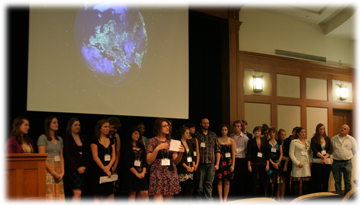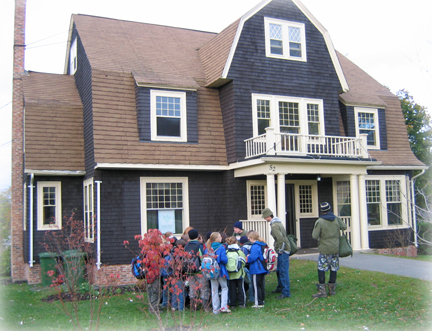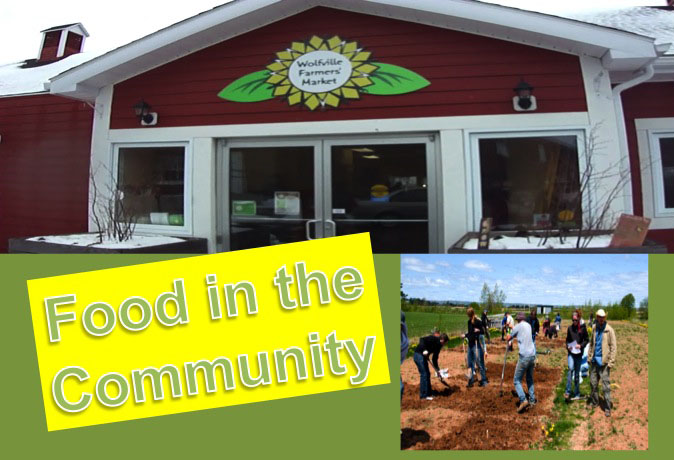Our Philosophy
Mission | Vision | Core Values
Educational Approach | Program Outcomes
Mission
The Environmental and Sustainability Studies (ESS) Major develops environmental leaders, managers, and
professionals who are critical and insightful thinkers as well as creative problem solvers skilled in leading transformational change toward a more sustainable and just society.
The program attracts bright and committed majors who undergo a challenging transdisciplinary program of study characterized by depth and breadth of environmental and sustainability knowledge, skill building, field application, critical analysis and civic engagement. This is facilitated by passionate, knowledgeable and experienced faculty drawn from a broad range of disciplines and environmental interests.
Graduates are passionate and committed to advancing environmentally sustainable, healthy, and socially responsible lifestyles, communities, institutions and governance as well as global justice through a broad range of career and civic responsibility pathways. Faculty are productive and respected researchers and scholars who are fully immersed in solving critical and pressing environmental and sustainability problems as well as creating a stimulating learning setting.
Vision
The Acadia University Environmental and Sustainability Studies Program is a 'program exemplar' of inspiring and engaging teaching, scholarship and community service driven by the global imperative for an environmentally sustainable, healthy and just world.
Our graduates are sought after and revered as competent entry level professionals capable of supporting transformational change either directly as environmental specialists or more generally by applying their expertise and passion in related but diverse professional and civic settings.
Core Values
- Creating and disseminating environmental and sustainability knowledge
- Environmental stewardship
- Social responsibility and community engagement
- Environmentally responsible lifestyles
These values are brought to bear through the Program of Study, through extra-curricular activities, personal lifestyles and civic engagement during and after undergraduate preparation.
Educational Approach
The major in Environmental and Sustainability Studies is academically rigorous, theoretically grounded and philosophically based on trans-disciplinary and systems-based approaches to addressing the opportunities and challenges of shifting toward a sustainable society. Experiential learning is the pedagogical approach that serves to integrate both the conceptual and applied aspects of the program. Service to community and society through engaged learning opportunities is a cornerstone of the students' experiences. Through these experiences, students will further develop their sense of citizenship, especially with respect to environmental and sustainable stewardship.
An overriding Problem-Based Learning (PBL) approach is utilized. PBL assumes that learning is most effective when students are actively involved and knowledge is applied and evaluated. Students develop problem solving expertise and conceptual understanding by dealing with both the practical and the philosophical aspects of our environment through case studies, field work, reflection and analysis, peer-to-peer teamwork and community collaboration.
Program Outcomes
Graduates of this program will demonstrate…
-
understanding and respect for diverse perspectives and frameworks of environmental and sustainability issues— from local to global
-
knowledge of the basic evidence and science describing the human/environment crisis
-
ability to appreciate, critically analyze, and competently utilize new media
-
knowledge of basic scientific concepts governing ecological systems
- understanding of processes, theories and strategies of social change in organizations, communities and social systems
-
basic skills in facilitating change in organizations, communities and/or system
-
competent, evidence-based critical-analysis and research skills<
-
competent writing and oral communication skills at a professional level
- understanding of the historical context and the legal, political, economic, and social structures and systems that influence human/environment interactions
-
basic understanding of social injustice and inequity at community, societal and global levels
-
a commitment to be an advocate for a sustainable society based on articulated personal core values and evidence based thinking
-
ability to be open-minded, hopeful, brave, mindful and creative in working for a sustainable society
